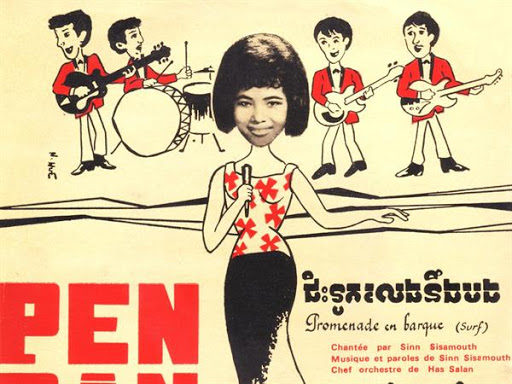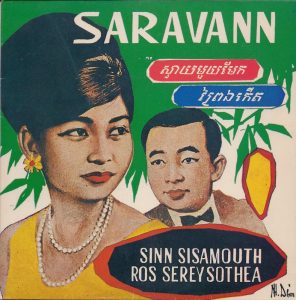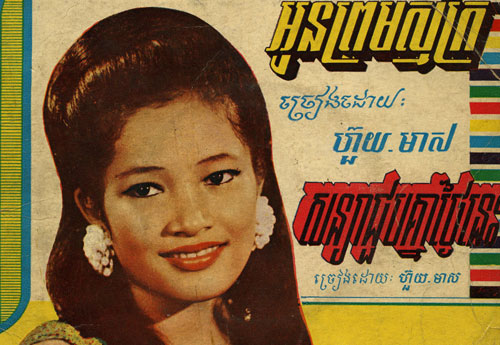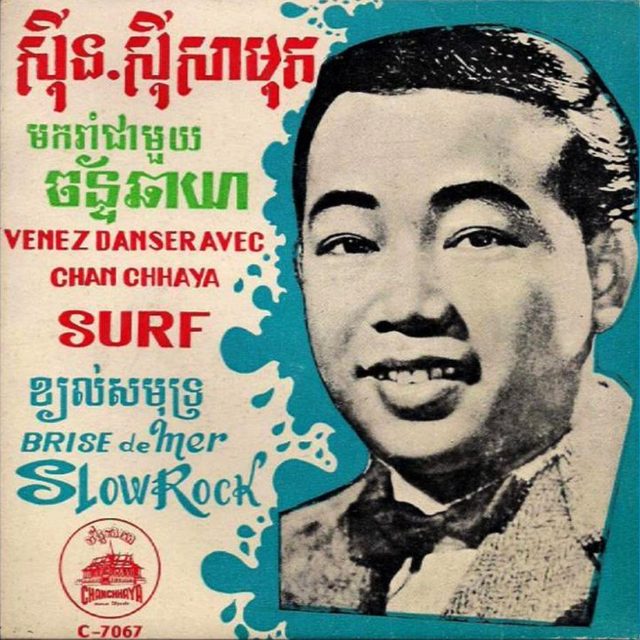Don't Think I've Forgotten:
Cambodia's Lost Rock and Roll
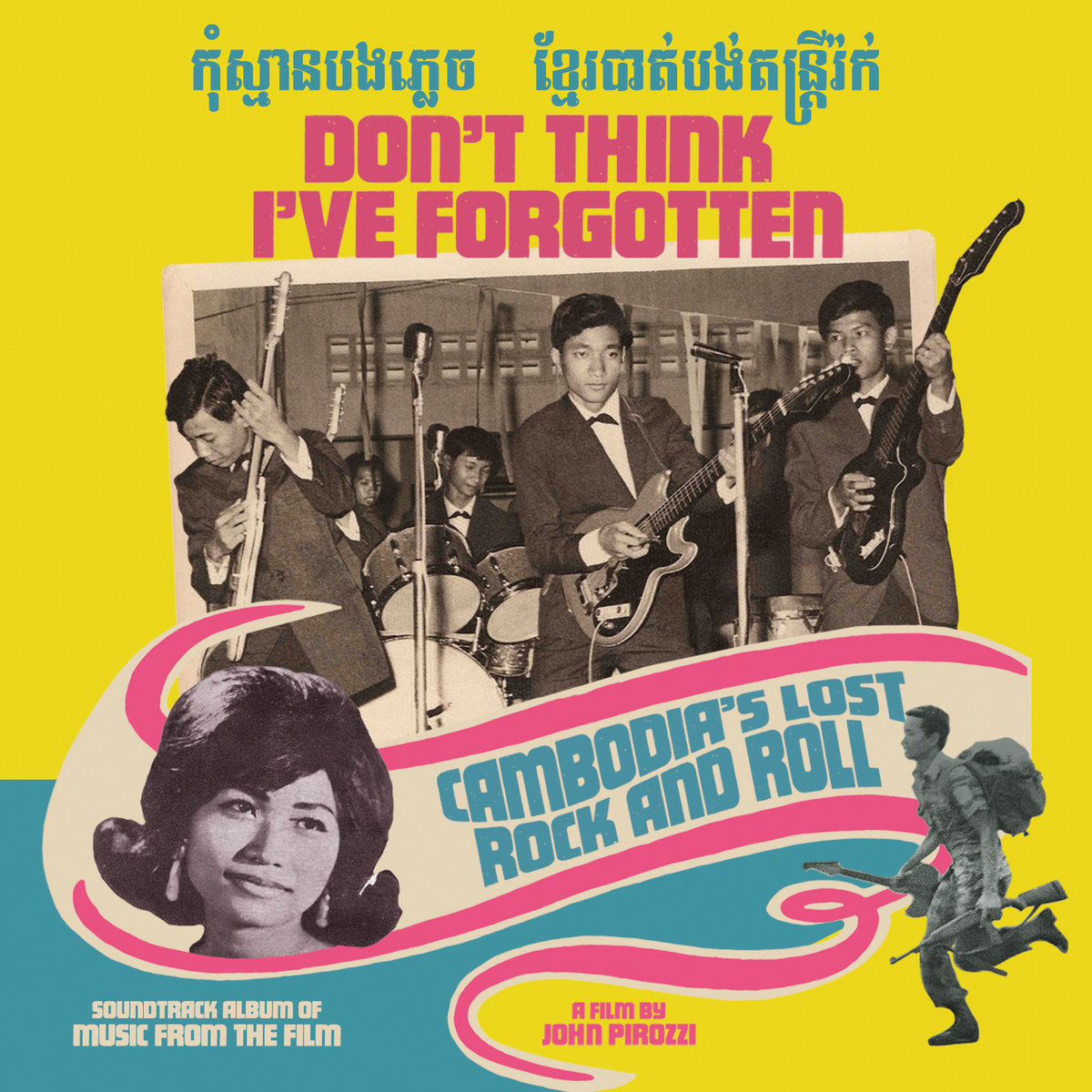
Director: John Pirozzi
Year: 2014
Rating: 8.0
This is a remarkable documentary that I am so happy
that a friend told me about the other day. Don't let the title mislead you
- it is about so much more than Cambodia's Rock and Roll as it delves into
its history and culture from the 1950's to the end of the 1970's. Perhaps
it affected me more than it might some as I have been there a number of times
since I first visited Phnom Penh and Angkor Wat in 1992 and found it on that
first visit to be run down and dusty but the people absolutely charming and
friendly. It has been a number of years since I have visited and the current
shots at the end of the film make it appear that it is coming back. At one
time Phnom Penh was one of the great cities of Asia before global forces
changed all that. Ultimately, this documentary is wrenchingly sad and tragic.
Heartbreaking. I was surprised at the amount of video they collected for
the film - it survived time, American bombs, a civil war, the Khmer Rouge's
genocide and the Vietnamese invasion.
In 1953 the French left Cambodia and the country was independent of foreign
rule under their King, Norodom Sihanouk. For an absolute ruler, he was fairly
progressive and brought in some reforms but also encouraged western elements
to be introduced into the country. Music was a large part of Cambodian life
- traditional, Cambodian pop with songs of lost love and newfound love -
but also music from outside - first an invasion of Latin music and then American
music. But in 1965 the war in Vietnam was beginning to heat up and over the
next few years it spilled over into Cambodia. The film delves into the big
music stars and shows them performing and tells their stories. Things got
worse in the 1970s when America in its infinite wisdom bombed the shit out
of Cambodia and ended up doing little but radicalizing the rural countryside.
Enter the Khmer Rouge who began a civil war with the new rulers of Cambodia
after a military coup overthrew Sihanouk in 1970. By 1975 as America was
clearing out of Vietnam and Cambodia the Khmer Rouge marched into Phnom Penh.
And the genocide began. The entire population of the city was forced to move
out into the country and they began killing anyone with an education, the
elite, the artists. Among the murdered are most of the performers that the
film had talked about. Musicians tried to hide their identity but the famous
ones had no chance. Hearing about it from surviving family members is painful.
Beautiful singers just killed for singing. Some of the interviewees talk
about how many of their family members were killed - in some cases, all of
them. In 1979 the Vietnamese invaded while the rest of the world did nothing
and people slowly moved back to the capital and began the process of living
again. Every aspect of this documentary is well-done - the choice of video,
the graphics, the narration and the story is one that should not be forgotten.


